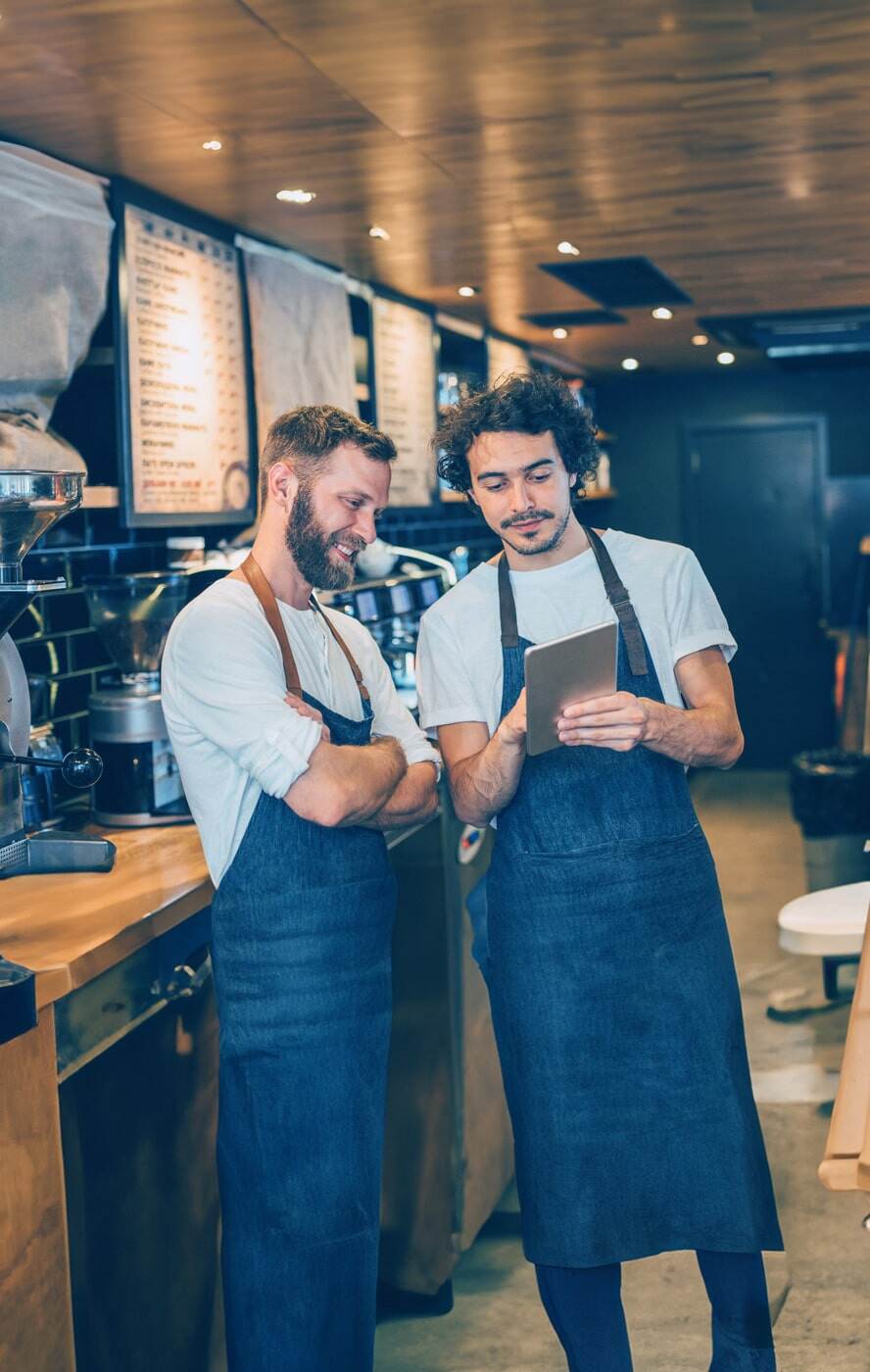The "Noma" in Copenhagen has been listed multiple times as the best restaurant in the world. Chef René Redzepi announced that it will close at the end of 2024. The reason: top quality and highest standards at prices acceptable to guests are not compatible with fair compensation for his nearly one hundred employees. Is top-level gastronomy no longer relevant? Fine dining in crisis? The interview with Alexandra Gorsche.
About Alexandra:
Alexandra Gorsche is a managing partner and editor of the trade magazine Falstaff Profi. Her passions include the B2B sector and current career topics. In addition, for more than ten years, the publisher from Styria has been advising and accompanying hoteliers and restaurateurs on their journey, supporting them in their appearance on social media and in dealing with the press.
Is fine dining and sustainability generally not compatible?
No. Sustainability in fine dining restaurants is definitely possible. It depends only on the concept and the chef or the person behind it. There are great examples that show us how, such as Alain Passard, in his L'Arpège, a three Michelin star restaurant. He has set the goal of offering a cuisine that has not yet been fully explored. And with its huge gardens, L'Arpège has the advantage of being able to supply itself with vegetables, herbs, spices and fruits. About 40 tons of vegetables are grown in the gardens each year, using 100% natural methods.
Are there any other examples?
There are many others. For example Rasmus Kofoed with Geranium in Copenhagen, also awarded three Michelin stars. He works closely with the local Kiselgården farm and follows a biodynamic philosophy. Together with the farmer, he experiments with various vegetables. Meat is not necessarily needed for him. And they are not the only top chefs who are consciously dealing with food and its origin and the associated appreciation and sustainability.
The Noma chef also speaks of a lack of social sustainability. He is aiming at the poor pay of restaurant staff. Are staff in fine dining restaurants poorly paid?
This cannot be said in general. Each company has to be considered individually and every entrepreneur makes their own decisions - also in the issue of salaries. There are still high-class establishments, where one does not want to work because of a pleasant working atmosphere or great benefits, but to learn, to further education and perhaps to have this one station in the CV. This decision is made by each individual.
Poor working conditions in the restaurant business have been a big issue in the past. Is this still the case?
It's difficult to generalize about all restaurants. One could argue that the employee issue in the industry is also its own responsibility, as working conditions were not optimal in the past. Loud screaming in the kitchen, low pay, and minimal sleeping arrangements are no longer the current standard.
Instead, many hoteliers and restaurateurs are fighting for the next generation and their employees by offering great benefits, fair compensation, and appropriate working hours. 4-day workweeks, exclusive houses for employees complete with their own swimming pools, travel, and more are on the agenda. Hoteliers and restaurateurs are also showing that they are more creative than ever when it comes to employee management.
This brings me to another important aspect: staff recruitment. Do fine dining restaurants find it easier than other restaurants?
Many factors play a role here. We can't place the personnel issue on concepts. Location, seasonal operation, benefits, fair wages, and work-life balance are key factors in the employer choice. In addition, employees want to be able to identify with the operation or brand.
Aside from staffing concerns, what are currently the biggest challenges for restaurants?
The biggest challenge is probably planning. Planning in terms of staff, but also in terms of rising energy and food costs. The price increases force more and more precise calculations. This is still connected to the topic of no-shows (here is a blog post on "How to avoid no-shows"). A restaurateur cannot afford and should not have to bear the cost of a table reservation and then have to pay for the loss themselves.
In addition to better planning and no-show avoidance, how else can restaurants increase their profitability?
The restaurant industry will be increasingly driven by digitalization. Online table reservations, card payments, online ordering and digital menus. Digitalization can increase profits and reduce costs. Restaurateurs should not be afraid of digitalization, it opens the possibility of having more time for personal attention. Social media is also indispensable: Facebook, Instagram, TikTok - attract new guests for free. But potential employees can also get a lively impression of the future employer. If the development continues to progress rapidly, telephone orders will belong to history in a few years. Guest acquisition will mainly take place via the internet or AI-based.
Are there any other factors for more success in the restaurant business?
Clear KPIs (key performance indicators) can help determine whether time and budget are being invested correctly, and contribute to the company's goals, or if action needs to be taken and strategy needs to be adapted. Focus should be placed on the following factors:
- Website: the website is the digital business card of a restaurant
- References: reviews, recommendations - presence on review platforms gives the opportunity to score points in terms of complaint management and turn unhappy customers into fans
- Social media marketing: shares, likes, reach, interactions etc - the more "instagrammable" a restaurant is, the more free advertising it will get on social channels. The restaurant should also be present on social media and position itself as a restaurant and employer.
- Staff: a restaurant's success is only as great as its staff - guests can only be fans if the staff already are - the turnover rate is critical here
- Inventory management: purchasing & kitchen are essential factors, so zero waste should also be considered - food waste costs valuable money!
- Revenue and profitability: the profit from the sale of goods; percentage of labor costs
- Guest satisfaction: number of guests, occupancy or table occupancy, revenue per guest, delivery revenue, repeat customers
Related topics:




